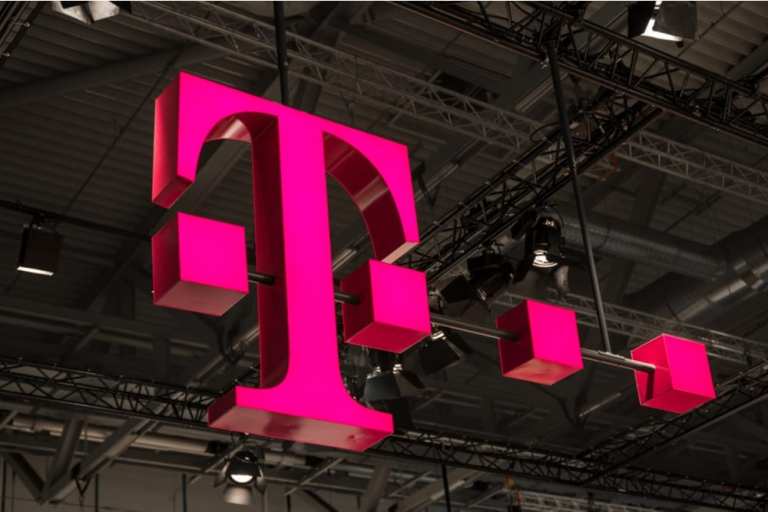T-Mobile To Go Ahead With Sprint Deal, Looks To Banks For $23B

T-Mobile, still planning to forge ahead with its merger with Sprint, has told a group of 16 banks to provide it with $23 billion in loans to finalize things.
This would’ve been accomplished by selling the debt to private third-party investors, but the onset of the coronavirus stopped that from happening.
So T-Mobile notified the banks that the funds would need to be available on April 1, further complicating the banks’ already-strained systems as the virus sends financial markets into disarray.
Now, a number of banks including Barclays Plc, Credit Suisse Group AG, Deutsche Bank AG, Goldman Sachs Group Inc., Morgan Stanley and Royal Bank of Canada will have to allot billions to let the two mobile networks merge into one entity. The banks will have to pay $19 billion through a 364-day bridge loan, expected to be refinanced by investment-grade bonds. Another $4 million will come via a seven-year term loan that will likely also be high-grade.
Sprint and T-Mobile are junk-rated, but the merger was concocted in a way so that the financing would receive investment-grade ratings, according to sources familiar with the deal. That has made it less of a risk than debt accrued by banks to finance leveraged buyouts for high-yield companies, but the hefty bill is the biggest to hit the banks since the 2008 financial crisis.
The problem for banks comes in the ongoing fiscal catastrophe of the coronavirus pandemic, which has seen mass layoffs and closures that have left millions without any financial security. The banks are already looking at the possibility of providing hundreds of billions of dollars in loans requested by various companies since March 9 when the crisis was starting to worsen in the U.S.
The merger between T-Mobile and Sprint was approved earlier this year after controversy among advocates for anti-trust practices, who said the deal would leave Americans with less choice between providers and thus open the door for disadvantages to subscribers in the long run.